TRAINING PROGRAMS
We pride ourselves on developing custom training that fits your organization’s needs. We include custom scenarios applicable to your workforce and incorporate your organization’s vision, mission and core values to reinforce your company culture. In addition, all programs come with a workbook employees can use as a resource moving forward and “homework” assignments to encourage transfer of learning into the workplace.
Training topics include:
Culture change is a journey that takes time. Below are our training series designed to maximize employee learning in key areas such as civility, communication, and allyship. The more tools and practice you provide your employees, the better equipped they are to make a positive difference in your work environment. The series outlined below are a starting point – we partner with you to create, develop and execute programs that have maximum impact.
Civility & Inclusion at Work Series
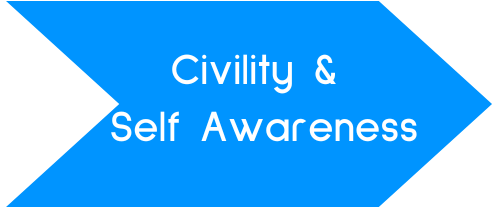
- Lean on a simple framework to define and describe culture and identity, and understand how they influence behavior
- Maintain a conversation style that facilitates respectful communication
- Use three keys of positive intercultural communication: create a third culture, be curious, and seek similarities
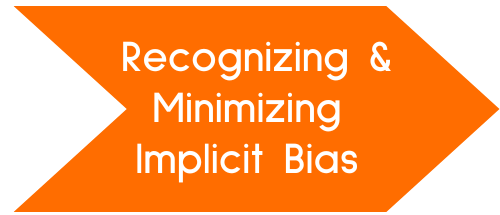
- Define the origins of bias and four different types of bias (though there are many!)
- Identify skills for minimizing bias and increasing self-awareness
- Combat microaggressions and other exclusive behaviors using simple, tried and true intervention methods
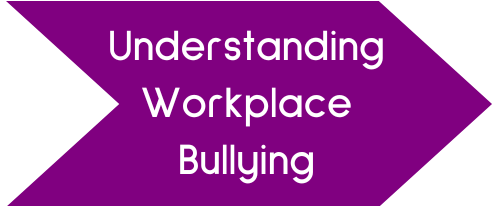
- Compare and contrast workplace bullying with more familiar concepts (e.g., conflict, harassment)
- Define and describe three types of bullying behavior and how a bullying relationship unfolds
- Describe why people who bully do so, and how to counter the behavior
- Develop a clear plan for addressing bullying

- Understand negative behaviors as a social phenomenon, and identify what roles they may play in the process of negative behavior
- Identify personal barriers to intervening (e.g., fear) and how to overcome them
- Use a variety of communication strategies for intervening when witnessing incivility, bullying, harassment or discrimination
Interpersonal Communication Series
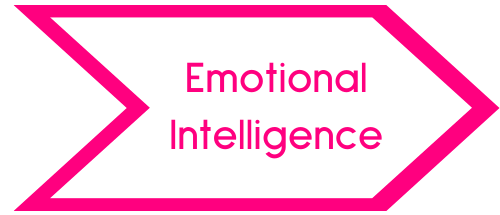
- Discuss the neuroscience behind emotional intelligence
- Identify strengths and opportunities for improvement in their emotional intelligence
- Identify and use tools to recognize and manage their own emotions, and the emotions of others
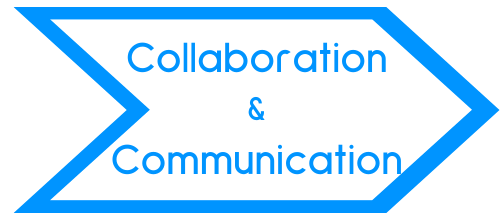
- Describe a simple model of communication in order to set the foundation for building relationships
- Identify personal barriers to effective communication and relationship building, and develop an action plan for overcoming them
- Implement three strategies for effective communication: empathy, curiosity and open-mindedness
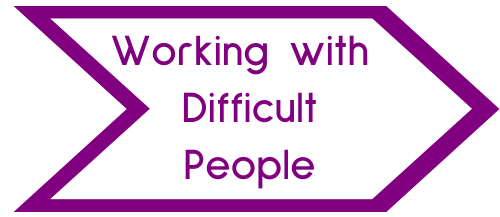
- Redefine and reframe what a difficult person means
- Demonstrate mindfulness when interacting with others who are perceived to be difficult
- Set boundaries with peers and those perceived as difficult using professional yet assertive language
- Hone in on the skill of asking questions in order to navigate conversations
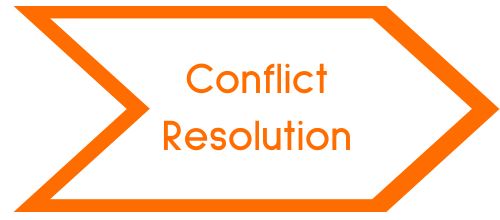
- Through a short assessment, gain understanding of their conflict management style
- Define passive, aggressive, and assertive communication
- Identify tools for collaboration as a method of conflict resolution
- Develop a problem-solving approach by distinguishing between the person and problem
- Through scenarios and discussion, discover effective conflict resolution methods
Leadership Series

- Discuss the similarities between management, coaching and leadership
- Through a short assessment, define their own leadership style in order to build upon their strengths
- Use a variety of leadership methods during the variety of challenges they will face
- Build their skills in servant leadership
- Create and build an atmosphere of teamwork
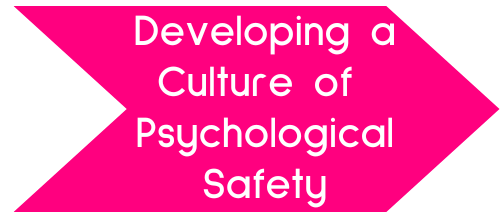
- Define and describe psychological safety as an inherent and instinctual human need
- Dissect the ways in which psychological safety influences behavior, performance, innovation and learning
- Through scenarios, identify how to detect a lack of psychological safety in their teams and construct clear and tangible solutions for improvement
- Through personal reflection, devise a personal action plan for building psychological safety in their circle of influence at work and home
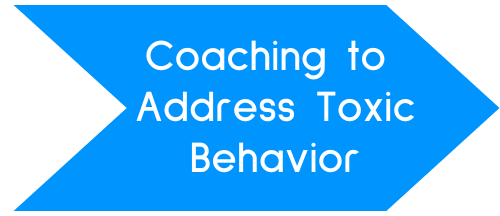
- Identify symptoms of negative behaviors within their own teams
- Address a perpetrator of negative behavior, and overcome denial or justifications of that behavior, with a simple twist in communication
- Confidently hold positive and effective coaching conversations with their employees
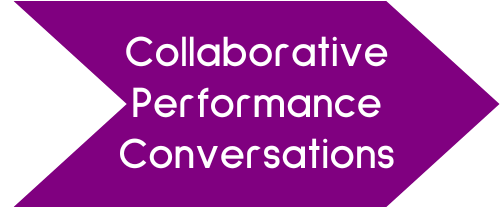
- Discuss the overall process of performance management
- Confidently set expectations with employees
- Coach employee performance to meet their and the organization’s expectations
- Use performance improvement plans to improve performance
- Motivate employees with the right rewards
- Conduct effective performance appraisals and disciplinary conversations
- Confidently give verbal and written warnings as part of the disciplinary process
- Coach poor performers into great performers
